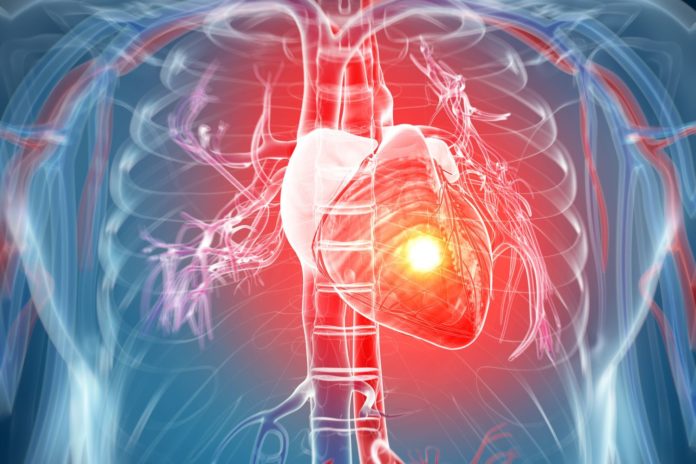Millions of people have heart attacks each year. It occurs when one or more of your coronary arteries become blocked. A new study suggests that air temperature is also the reason that causes the heart attack.
A 16-year study by scientists from Lund University has recently suggested that air temperature is an external trigger for heart attack. The study mainly investigates the association between heart attack incidence and weather conditions such as air temperature, sunshine duration, precipitation, and air pressure.
The findings are presented today at ESC Congress.
First author Dr. Moman A. Mohammad said, “There is seasonal variation in the occurrence of heart attack, with incidence declining in summer and peaking in winter. It is unclear whether this is due to colder temperatures or behavioral changes.”
There were almost 280 000 patients involved in the study. Scientists used Swedish myocardial infarction registry (SWEDEHEART) where all heart attacks were treated at a coronary care unit between 1 January 1998 and 31 December 2013. They studied the specific weather during which heart attacks occurred using local meteorological data from hundreds of weather stations.
The normal day by day least temperature was figured for the whole nation and in addition, the six medicinal services areas in Sweden and stratified as <0 °C, 1– 10 °C and >10 °C. The average number of heart attacks per day was much higher during colder temperatures as compared to warmer.
On a regular basis, this translated into four more heart attacks in Sweden when the average daily temperature was less than 0 °C as compared to when it was above 10°C. Even the event of heart attacks was expanded with higher breeze speeds, limited sunshine duration, and higher air humidity. Consistent results were observed in ST-segment elevation myocardial infarction and non-ST-segment elevation myocardial infarction.
Dr. Mohammad said, “Our results consistently showed a higher occurrence of heart attacks in sub-zero temperatures. The findings were the same across a large range of patient subgroups and at national as well as regional levels, suggesting that air temperature is a trigger for heart attack.”
“In the majority of healthy people, these mechanisms are well tolerated. But in people with atherosclerotic plaques in their coronary arteries, they may trigger a heart attack.”
